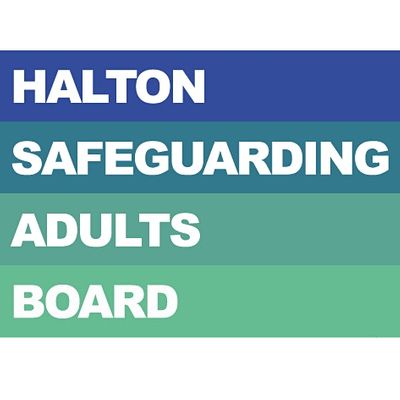 Financial Abuse
Financial AbuseAbout this Event
This training is offered free of charge to those living and working in Halton and who have a direct involvement in the care and support of adults with additional needs. This includes volunteers, carers, those employed through a personal budget and those who use services. Courses covers local process, policy and protocol and are not relevant to those out of area.
Aims:
The manipulation of money and other economic resources is one of the most prominent forms of coercive control, depriving vulnerable individuals of the material means needed for independence, resistance, and escape.
Financial abuse is an aspect of ‘coercive control’ – a pattern of controlling, threatening and degrading behaviour that restricts a victim’s freedom.
It is important to understand that financial abuse seldom happens in isolation; in most cases, perpetrators use other abusive behaviours to threaten and reinforce the financial abuse.
Financial abuse involves a perpetrator using or misusing money, which limits and controls the vulnerable person’s current and future actions and their freedom of choice. It can include using credit cards without permission, putting contractual obligations in their partner’s name, and gambling with family assets.
Financial abuse can leave people with no money for essentials such as food and clothing. It can leave them without access to their own bank accounts, with no access to any independent income.
This course aims to:
• Equip people with the skills and knowledge to recognise potential financial abuse of vulnerable adults at risk; and
• Provide delegates with the confidence and information required to be able to make an appropriate safeguarding referral.
Learning Outcomes
By the end of the session, participants will:
• Understand the current definition and scope of financial abuse – what it is, including cyber related crimes.
• Recognise the extent of financial abuse by examining the national and local picture.
• Recognise different types of financial abuse facing adults at risk.
• Be able to identify signs and symptoms associated with financial abuse.
• Examine how social isolation and loneliness can add to the risk of financial of financial abuse.
• Understand how exploitation and grooming (mate crime) can contribute to financial abuse.
• Explore the impact of capacity and consent.
• Know what steps to take in the event of financial abuse and know when, how and where to refer concerns about individuals at risk.
Topics Covered
• Indicators of financial abuse.
• The legal framework surrounding safeguarding adults.
• Definition and exploration of the scope of financial abuse and the particular risks to individuals with a wide range of vulnerabilities to financial abuse.
• Delegates’ role in responding to financial abuse and crime and the signs and symptoms associated with financial abuse.
• Legal instruments that can protect adults at risk from financial abuse, including the Enduring Power of Attorney, Lasting Power of Attorney, the Role of the Office of the Public Guardian, and the Court of Protection.
Event Venue
Grangeway Youth & Community Centre, Grangeway, Runcorn, United Kingdom
GBP 0.00






